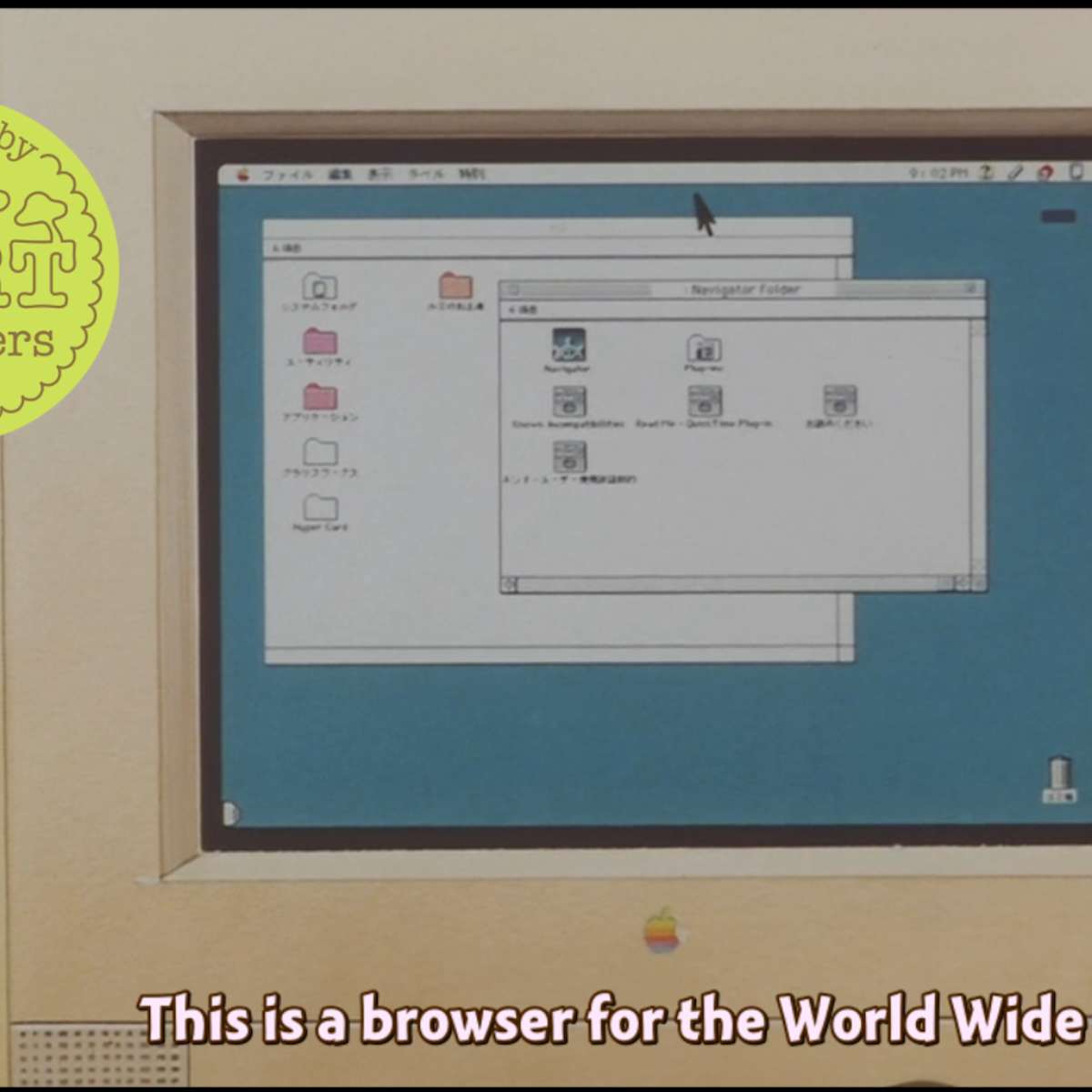
Saved by Keely Adler
The Future of Search

Saved by Keely Adler
This lasting faith in Google has bolstered its reputation and disguised its flaws. In her book Algorithms of Oppression, internet studies scholar Safiya Noble highlighted cases of “algorithmically driven data failures that are specific to people of color and women.” The book outlined the structural ways that racism and sexism are fundamental to
... See morereliability is no guarantee of quality.
On the English-speaking internet, “Google” is a transitive verb for searching things up. But it has also become a familiar entity, a confidant for our curiosities, fears, desires, and beliefs.
“Google results don’t feel authentic, or even written by a real human because the top articles are all in this keyword-loaded language,” said Dmitri Brereton, an engineer who researches search engines and AI. “Social media, especially TikTok, solves that authenticity problem because some experiential things are just better seen. It can’t get more
... See more“In our studies, something like almost 40% of young people [between the ages of 18 and 24], when they’re looking for a place for lunch, they don’t go to Google Maps or Search,” said Prabhakar Raghavan, Google’s senior vice president. “They go to TikTok or Instagram.” The type of queries and expectations that younger users have with search are
... See moreUsers have grown accustomed to tailoring their searches by platform for better results and more personalized answers: Amazon for products, Depop for secondhand clothing, Yelp for restaurants, YouTube for tutorials, Reddit for personal anecdotes. Where does that leave Google and the future of a centralized search engine?
The internet is no omniscient library, but the parallels between Borges’ story are apparent. The web is a boundless compendium of information and data scattered across billions of pages—content, as we’ve loathed to call it. In this virtual information library, Google may be the closest thing we have to a librarian.
“Google was invented so that people could learn about the world, not so researchers could learn about people,” wrote the data scientist Seth Stephens-Davidowitz, “but it turns out the trails we leave as we seek knowledge on the internet are tremendously revealing.”